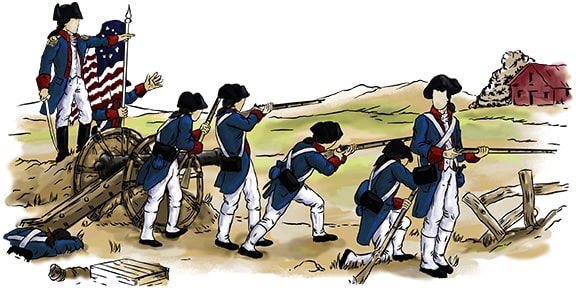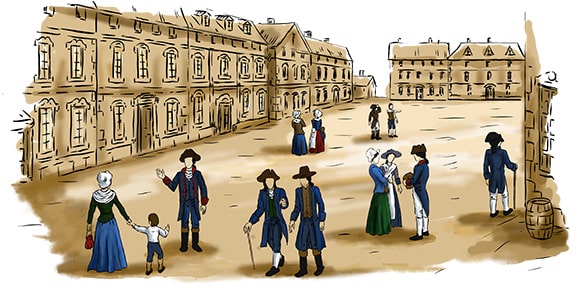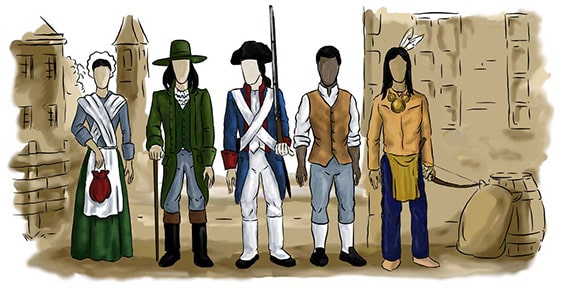George Washington Biography & Facts
Learn about George Washington, Commander-in-Chief of the Continental Army during the American Revolution, and Founding Father of the United States.
Get regular revolution insights & analysis

Learn about the battles, event, politics, causes, and effects of the Revolutionary War




Discover what life was like in the colonies in 18th century America




Read how the American Revolution influenced, and was influenced by, the American people
American Revolution.org was founded in 1996 by Edward St. Germain, an avid historian with a fascination for the Revolutionary period.
Since then, Edward and other contributors, including esteemed professors and historians, have created an incredibly valuable collection of resources about the American evolution, which we are dedicated to preserving, adding to, and displaying on this website.
Whether you are a student, teacher, history enthusiast, or just someone interested in the Revolutionary War, our mission is to help you find the information you’re looking for about this most important period in our nation’s history.



Revolutionary War scholar, teacher and author, consultant on the American Revolution for the History Channel
Former director of the Charleston Museum, esteemed author and early American historian
Historical consultant and author of numerous books on the Revolutionary War, with an interest in German-American history
Esteemed religious historian and published author with a focus on early American history
Historian, researcher and genealogist, specializing in early American genealogy and ancestory
Independent historian and researcher, with a focus on military history during the Revolution and Civil War
Learn about George Washington, Commander-in-Chief of the Continental Army during the American Revolution, and Founding Father of the United States.
Discover how the American Revolution affected Native American populations, both during and after the war took place.
Learn all about Martha Wilson and her role in the American Revolution.
Read the journal of James Thatcher, a military surgeon during the American Revolution.
Discover what people wore during the late 18th century, including during the Ameircan Revolution. Learn about the fashions and styles of the time.
Learn about the organization of the British Army during the American Revolution, with this book by Edward E. Curtis, Ph.D.